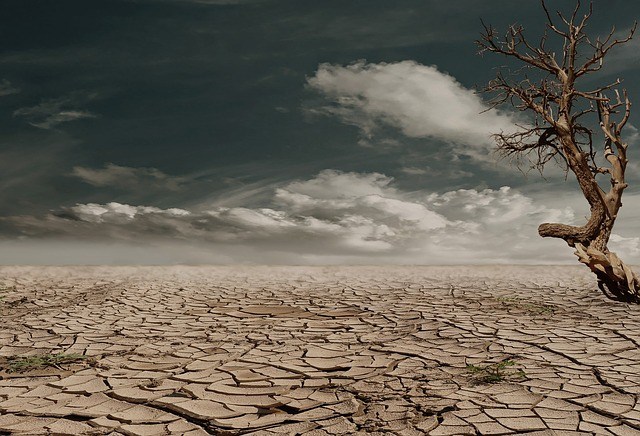Global geopolitical conflicts affect commodity markets and also basic necessities (bread, pasta, salt, sugar, rice, flour, etc.). In this sense, Russia is experiencing a marked increase in its wheat production in 2024, thus maintaining its position as the world leader in terms of exports. The U.S. Department of Agriculture (USDA) forecasts unprecedented Russian exports of 49 million tons in the 2024-2025 season, supported by optimized yields despite variable weather conditions and the war in Ukraine still ongoing to this day. Russian efforts to increase production, through investments in agricultural infrastructure and technology, strengthen the country’s dominance in the global market, even in times of climate instability. This large agricultural production comes at the same time as the world wheat harvest is experiencing a slight decline – particularly in Europe where bad weather has affected yields – which is encouraging a rise in world market prices. While the annual volume of Ukrainian wheat exports to Europe has increased from 351,000 tonnes before the war to 6 million tonnes recently, the price of wheat paid to French producers has fallen by 30% since 2021.
Comparison of exports of Russian wheat and French wheat to Morocco:
Russian wheat exports are more important in third countries, to the detriment of French exporters. Moreover, France, which is the 1st European exporter of soft wheat, has had a deplorable harvest this year. Grain yields and quality have been affected in particular by the reduction in planting, recent floods and lack of sunshine. According to the French Ministry of Agriculture, the estimated production of 26.3 million tons is down 23.9% compared to the average of the last 5 years and could be the lowest in more than 35 years.
Morocco, for its part, has recently become one of the main importers of Russian wheat, thus underlining the predominance of the country of oligarchs. Indeed, Russia has become the main producer of soft wheat in Morocco, overtaking France, which previously held this position. The first reason for this change is illustrated by the significant decrease in French cereal production, while Russia is becoming a major player in Moroccan imports, in a context of declining local agricultural production following a significant water deficit. In August 2024, 1.92 million quintals of soft wheat were exported by Russia to Morocco, compared to only 0.33 million quintals from France. This year, France, which has traditionally been the kingdom’s leader in soft wheat production, has achieved a historically low harvest, estimated at 25.17 million tonnes, lower than its usual production of around 35 million tonnes. The unfavourable weather conditions have led to a decrease in its capacity to meet the needs of its trading partners, including Morocco.




